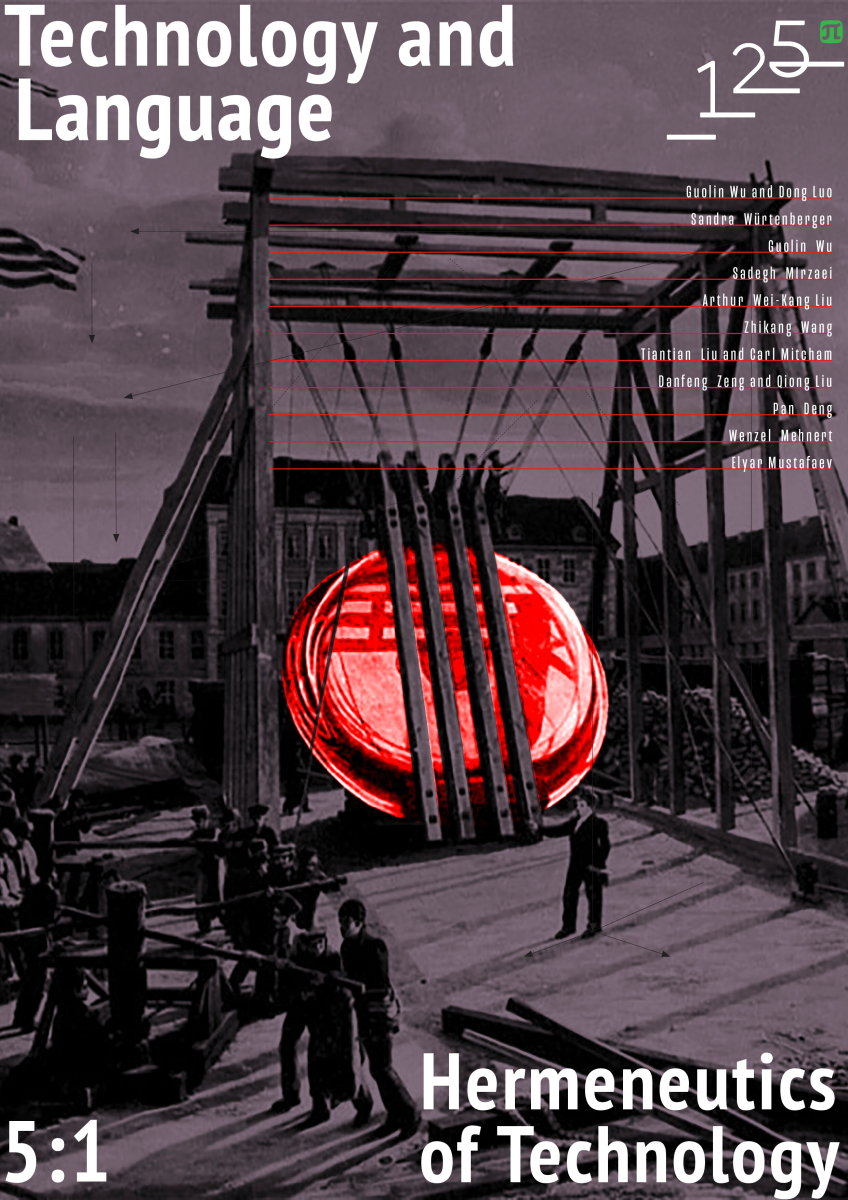On the Phenomenological Foundation of the Information Model of Consciousness
The paper is devoted to the philosophical foundations of the information model of consciousness. David Dubrovsky's theory of consciousness overcomes the dilemma of dualism and monism in explanations of mental phenomena. They are not an epiphenomenon of the physical, but a necessary information process conditioned by the relation of informational causality. The one relation between heterogeneous entities that does not involve materialistic criticism is not an empirical but the semiotic relation of a sign, meaning and information The syntactic characteristics of the sign provide information about the structure of the denotation and reveal the structure of thought about it. Charles Sanders Peirce’s doctrine of signs explains the internal logical relations between mental phenomena, their connection with the structure of objective and subjective reality. Peirce's non-Cartesian phenomenology considers mental phenomena without separating perspectives from the first and third person, it does not postulate the necessary existence of the thinking Self and physical objects. Mental processes – thoughts, sensations, volitions – are not only designated by other elementary thoughts, but also have a symbolic nature themselves. Peirce's mental phenomenon is an abstraction, a sign of a sign. We do not have a precisely detailed sensory image of the object, we do not photograph it, but schematize it. We remember the general properties rather than the specific details of the phenomenon. Modern neuroscientific data confirm the existence of a physical mechanism, the function of which is the abstraction and construction of the discrete content of sensation. Dubrovsky considers elementary sensation as a product of selective activity. The informational approach to consciousness does not entail a certain materialistic or idealistic ontology but takes into account objective semantic connections of phenomena, independent of their nature.



